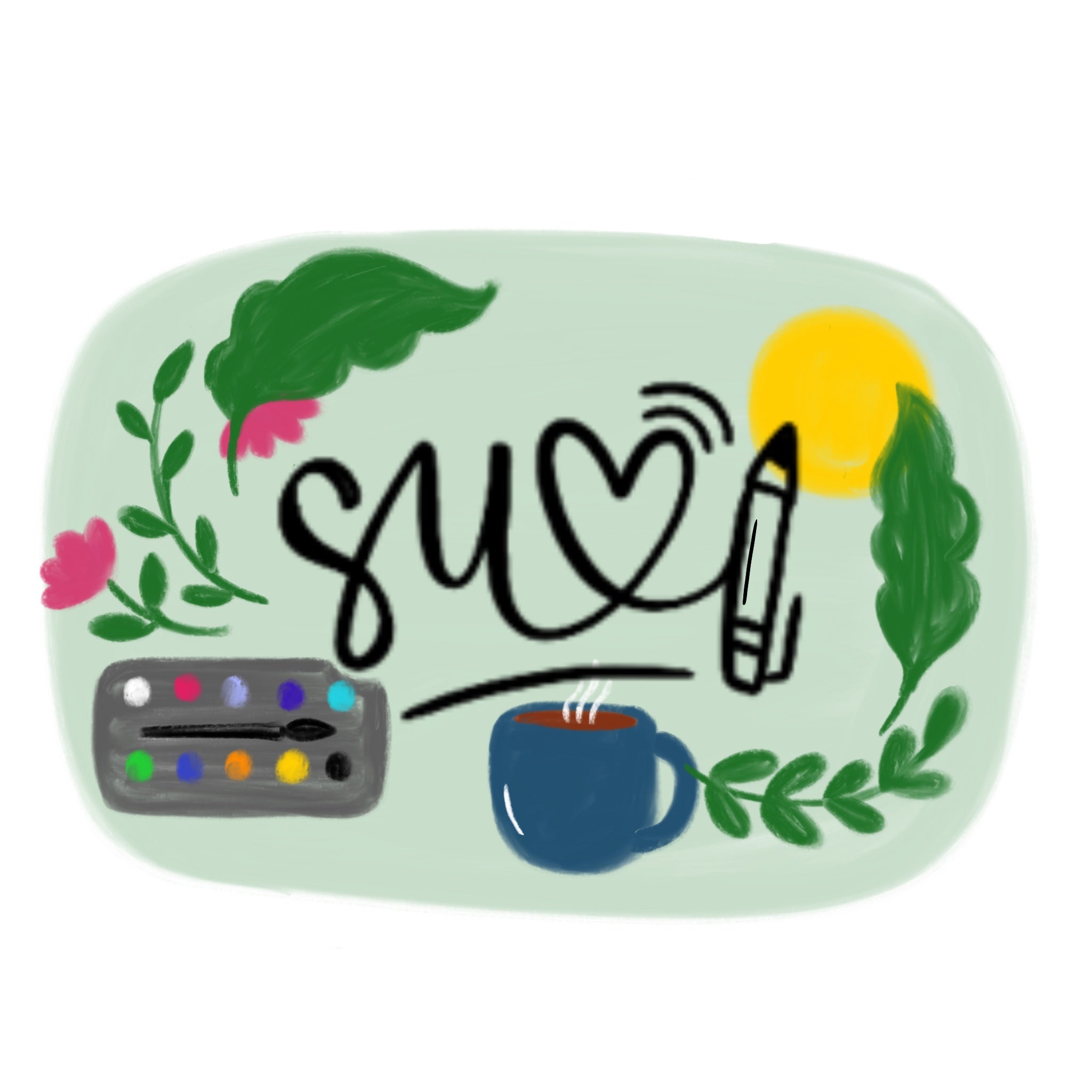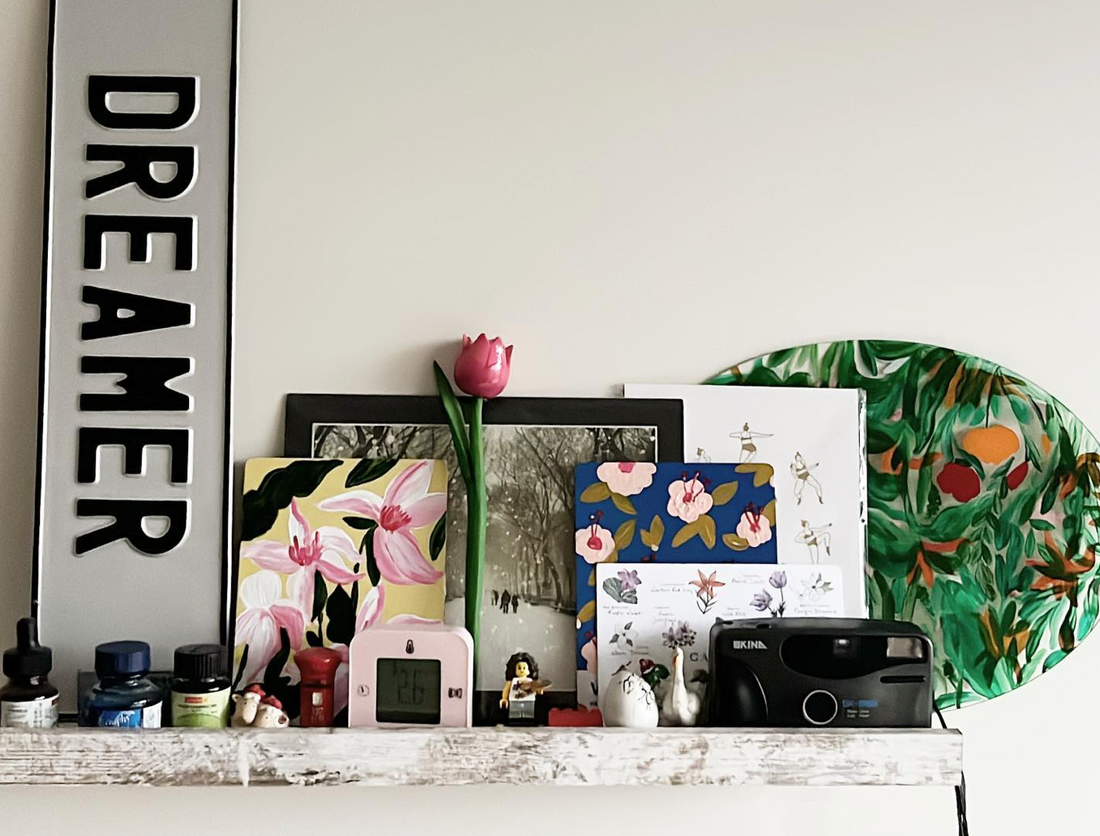Creativity is simply ideas being followed by actions, imagination being led by limitless thoughts! Whether you're a cook or a landscape architect or a painter or a lawyer, creativity has it's ways to work in the industry you're working in!
Creativity is a powerful tool when applied strategically in making your thought come across in an apt manner, here I share my simple ways to be creative in your daily life.
1. Idea Book
Carry a book with you to write down your ideas, be as cryptic or descriptive but make sure to keep updating and reflect often whenever you're blank. This helps you refresh your memory about that 'good idea' which you skipped three weeks ago. This is also a good way to remember on details which might seem important later.
Pro tip- blank book works better, scribble away!
2. Research and connect the dots
Every subject has it's interesting bits and the depth which will give you a new dimension, whether its about the ocean or about a historic figure, connect the dots and do some background study to observe, analyse and research on some pointers which make add to your creativity ! Trust the good old internet to take you to interesting corners which you took for granted!
Pro tip- remember to write your train of thought !
3. Don't stress, take breaks to zone out
Whether it's a good cup of coffee, or a hike, take a break and de-stress. Zoning out will not only help you have clarity when you look at it later but will also help your muscles and brain relax and unwind the intensity, thereby giving you a fresher perspective.
Pro-tip: A break should stimulate body and mind, so walk, or hike or anything that will physically exhaust you in any thing else is more effective than just ignoring and coming back in a few.
5. Start from scratch
If nothing works, tear it all away and start from scratch, you don't have to throw your work, but getting a new take will give you ideas on pointers you missed.
Pro-tip- when starting afresh, focus on process and not end goal. End goal vision will narrow your risk taking abilities which are crucial in such scenes.
6. Be open to new perspectives, from ages 6 to 75!
Think from a toddlers view or an elderly persons view, they are bound to experience and reflect differently so think of their pathways to problem solve a creative brief and maybe you'll get amazing new perspectives that you didn't know earlier.
Pro-tip : Especially in creative struggles, toddlers and elders have unique problem loving approach and they deal with how to navigate much easily.

